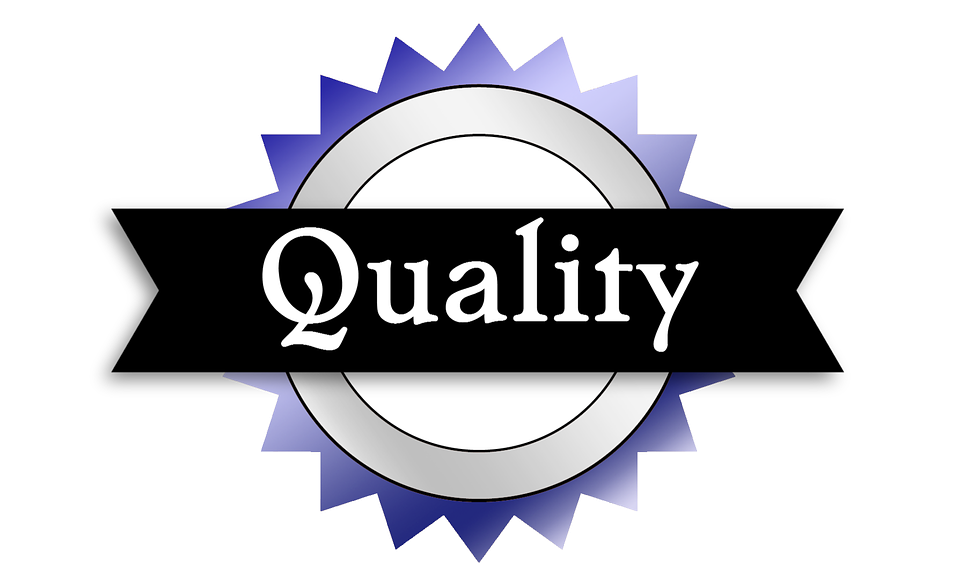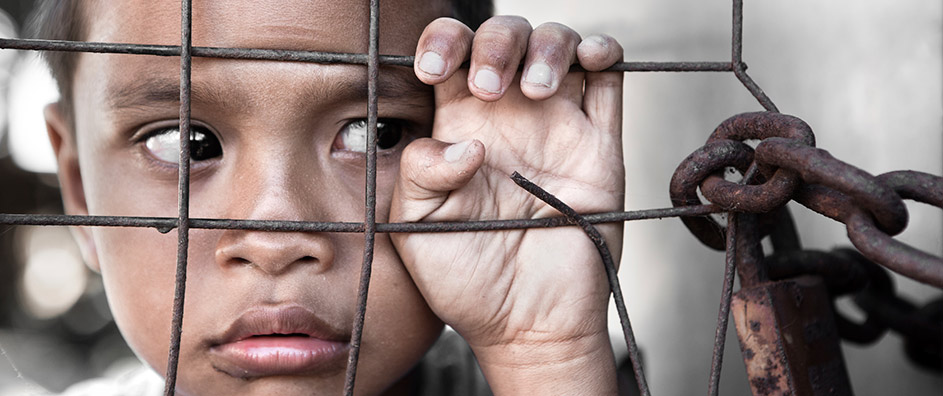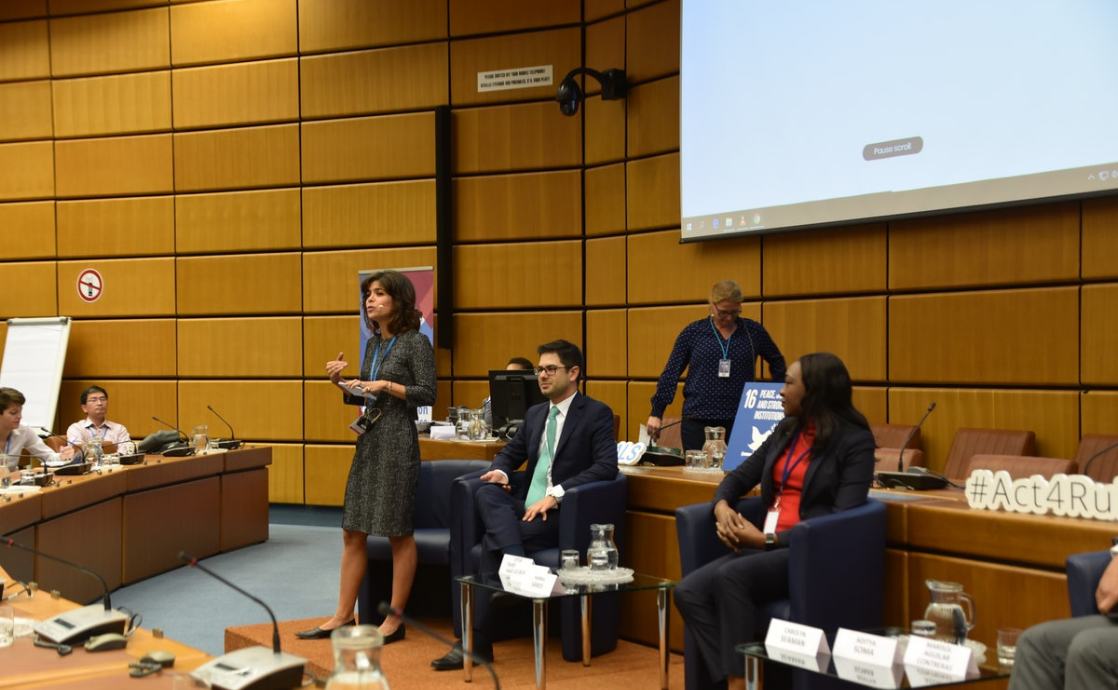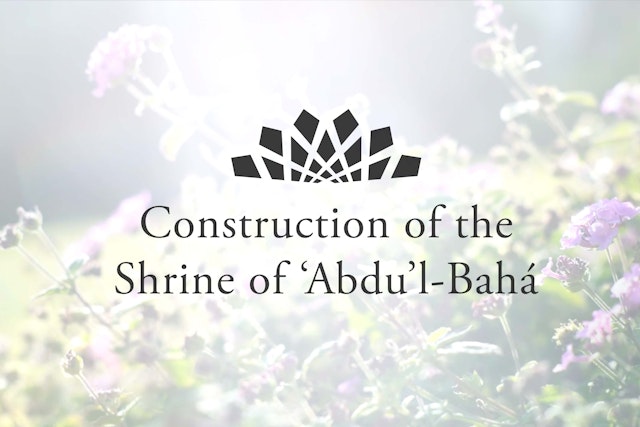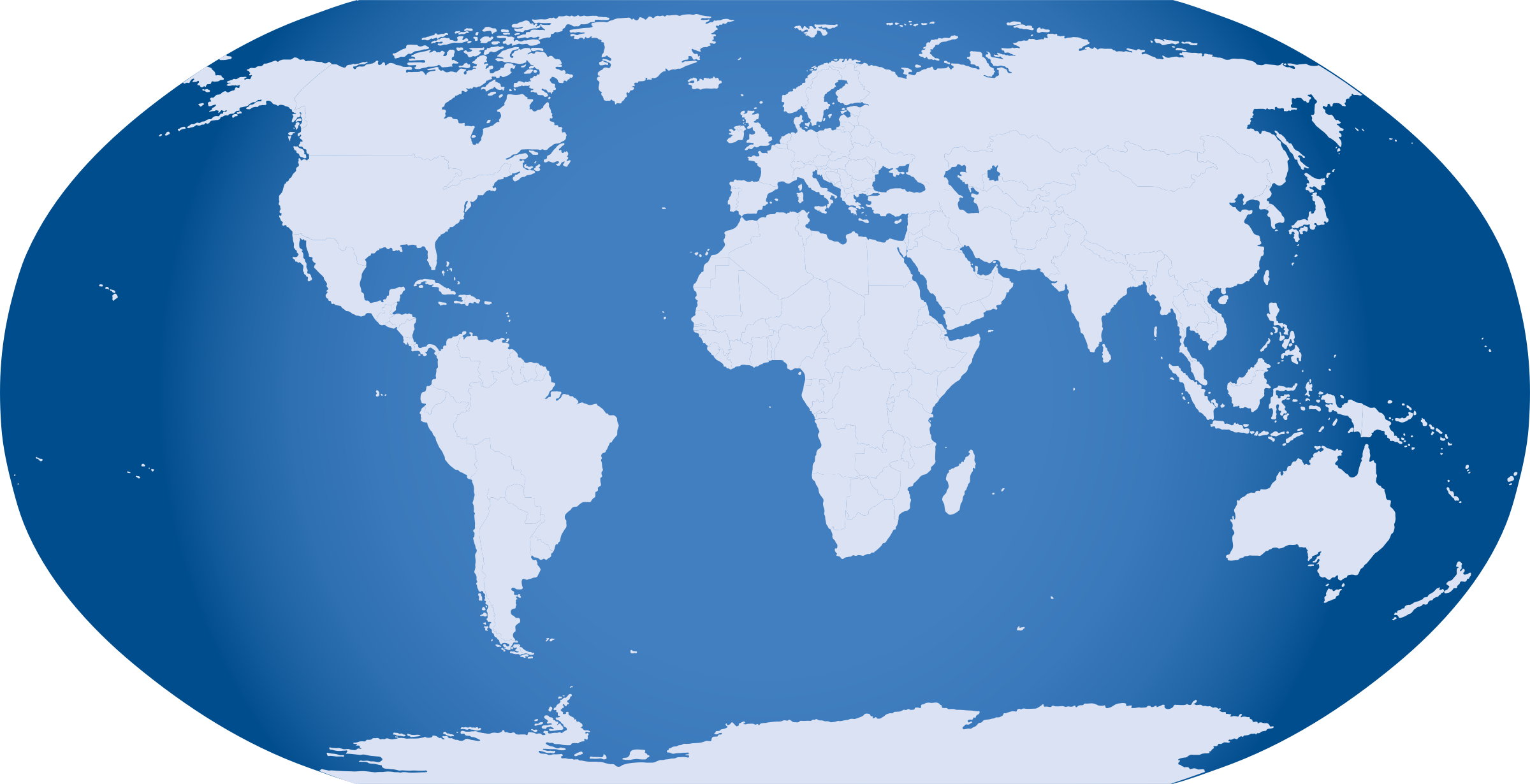The Quality of Mercy: A Baha’i Reflection
In the tapestry of Baha’i teachings, the concept of mercy emerges not merely as a moral virtue but as an essential characteristic of the divine. The quality of mercy, as illuminated within Baha’i scripture, invites profound contemplation and introspection, urging individuals towards a deeper understanding of their role in the world. This reflection not only … Read more
